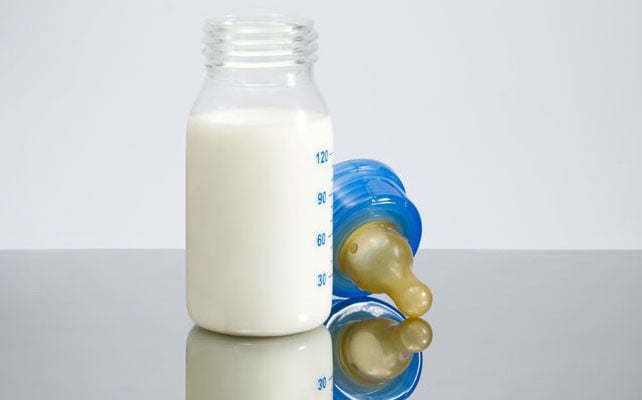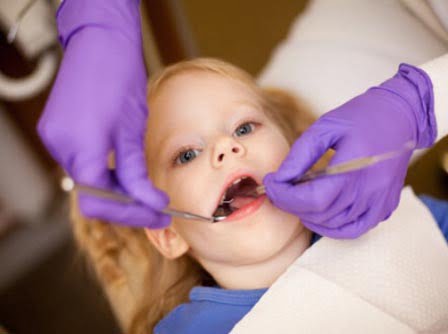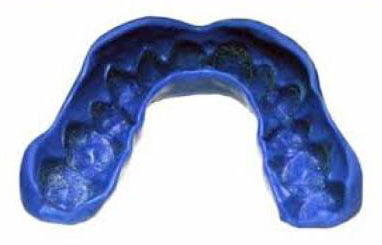Home / Mums & Dads Corner
Babies may be all gummy smiles when they’re born but their teeth have been developing the entire time they were in your stomach. Not surprisingly, your wellbeing and what you eat and drink during pregnancy has a direct impact on the smile of your developing child. Your dental health can also affect the baby in your body; mothers with periodontal disease are more likely to have premature babies.
Whether they’re drinking milk, juice or formula, children who bottle-feed can develop tooth cavities if they’re allowed to fall asleep with the bottle in their mouth. Watch for white or discoloured spots on their teeth – the first warning signs of decay.


Give your children a head start with good oral hygiene by brushing their teeth even when they’re still very young. No toothpaste should be used at this stage. Even when your child is ready to use toothpaste, squeeze just a tiny drop onto the toothbrush. It is also important to teach your child to spit out excess toothpaste and rinse their mouth with water after brushing.
Here at Deeragun Dental, we help your children develop a positive attitude about going to the dentist. We recommend bringing them in for their first dental visit when they are about two years old. This visit will likely not involve any treatment but will serve as an introduction to the world of dentistry.
Depending on what we see in your child’s mouth, we may decide to take X-rays at this point but during this first visit, the focus is on getting acquainted, having fun, and starting our relationship off on a positive note.


Fluoride has long been proven effective in making teeth resistant to acid-producing bacteria. To apply fluoride to your child’s teeth, we either gently insert a fluoride tray in the mouth or paint it directly on their teeth. We may also give a fluoride rinse if your child is old enough and knows to spit it out.
Depending on what we see in your child’s mouth, we may decide to take X-rays at this point but during this first visit, the focus is on getting acquainted, having fun, and starting our relationship off on a positive note.
Proper nutrition is just as critical to dental health as good oral hygiene and regular dental visits. As much as possible, limit your child’s intake of refined sugar, such as those found in candy, soft drinks, and crackers. Refined sugar sticks to teeth and reacts to the bacteria in plaque, producing an enzyme that affects the teeth’s enamel. Concentrated natural sugars found in dried fruits such as raisins also have a tendency to stick to teeth, which promotes decay. On the other hand, natural sugar found in fruits and vegetables usually clean the mouth before the sugar is converted.
To prevent decay, teach your child to brush after every meal. If this isn’t always possible, then get your child to rinse his or her mouth after eating or taking vitamins or any oral medications which has an acid base and contains sugar.


Pits are the deep grooves on the teeth’s chewing surfaces while fissures are channels that run down the sides of teeth. To protect your child from tooth decay, we strongly suggest applying pit and fissure sealants on the first set of permanent molars. This is especially recommended for primary or permanent teeth with deep, narrow pits, which trap bacteria that cause tooth decay. Ideally, pit and fissure sealants should be placed soon after permanent teeth start to come out.
Does your child engage in sports? We recommend a protective mouthguard to prevent traumatic injuries to your young athlete’s teeth. Talk to us today about an athletic mouthguard for your child – we make them right in our clinic.
